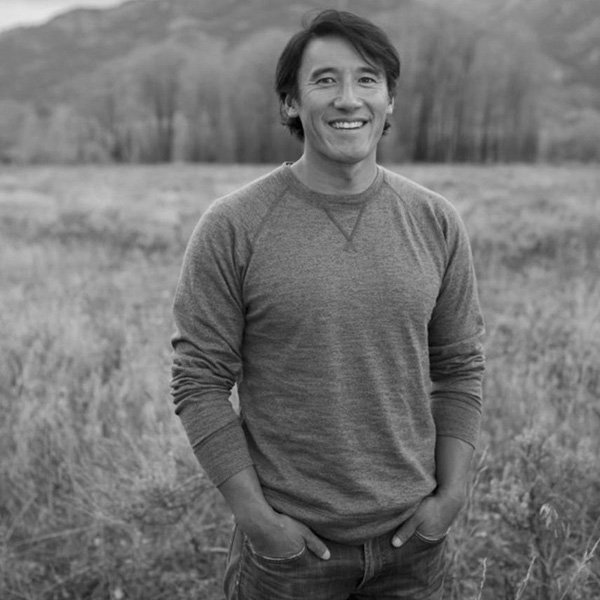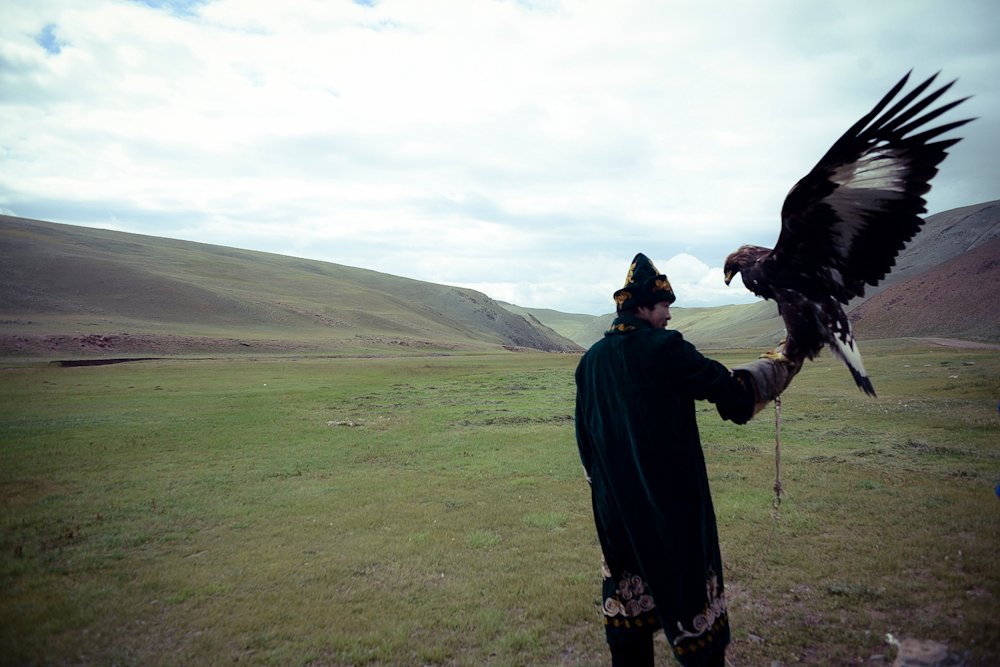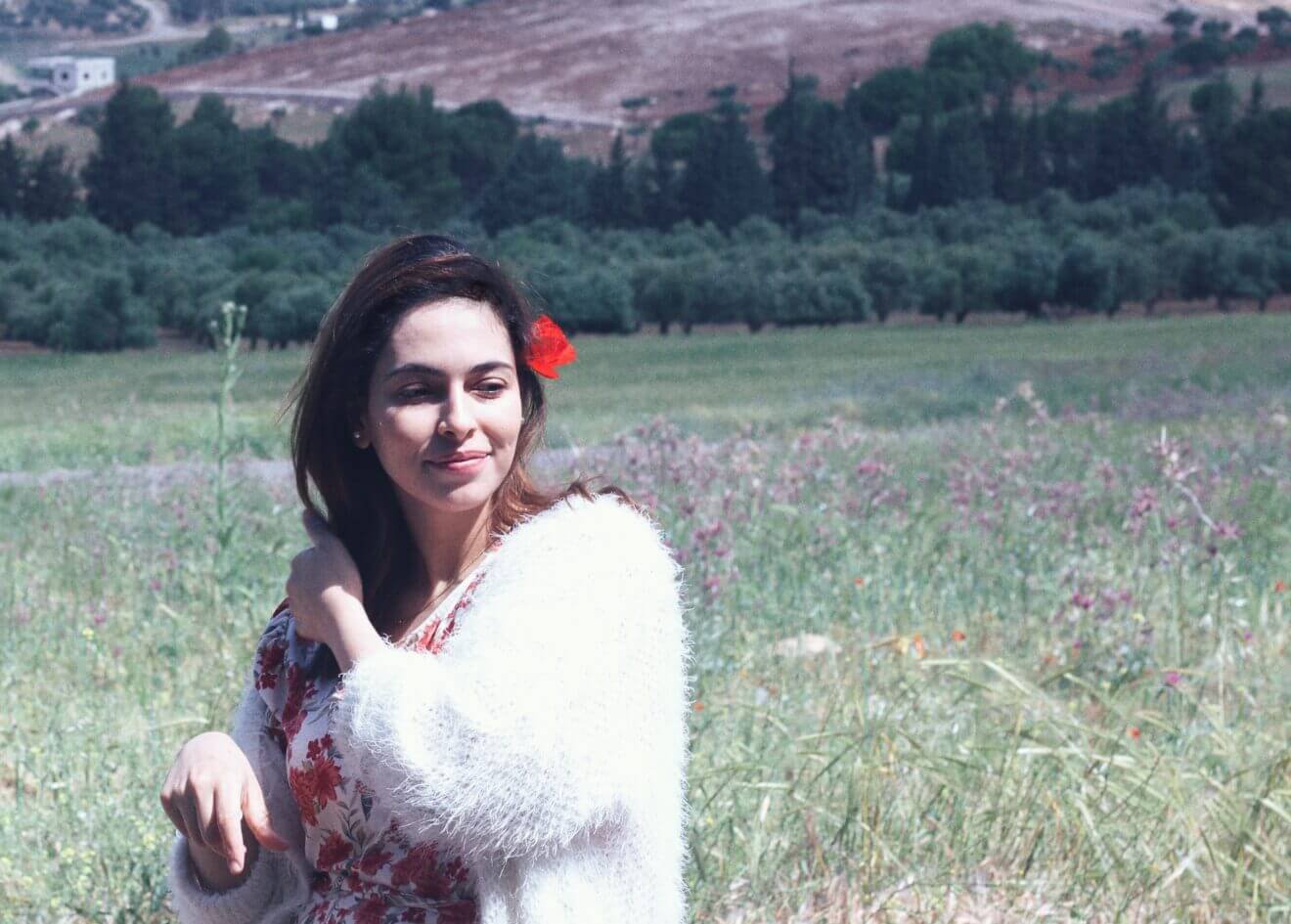Canada –
After spending a decade as an advertising copywriter, Guillaume Blanchet decided to cut loose and follow his passion of film making. Soon he was seen around the streets of Montreal living and breathing from the seat of his bicycle. Emaho caught up with the man who lived on his bike and discussed about his life and biking experiences.
Emaho : You are a French copywriter, living in Montreal, Canada. Your passion for filmmaking led you here and you have received many awards and appreciation for your creative film techniques like stop-motion and play-mobile. In your own words, how would you describe Guillaume Blanchet’s style?
After 12 years spent in advertising as a copywriter, I decided to go freelance to dedicate more time to my personal projects, films that is. Which meant no client but myself, no deadlines, and no money as well. Which is not so bad, because you have to be somehow more inventive. I also like to put a lot of energy in films that people can relate to, so that they understand how it’s made.

Emaho : You spent 382 days cycling in the streets Montreal filming yourself living a not-so-regular life from the seat of your bike. You were seen washing, cooking, changing clothes, flirting with women and generally living on two wheels. Tell us how your experience was during this period.
This was a great experience, for I love to do outdoor activities. Winter in Montreal can be quite hard, and I’ve learned it is better to embrace it than to be passive. Time goes by a lot faster and after a few minutes, you’re not that cold anymore. I want to mention that shooting took me over a year. Sometimes I could bike and film for only one hour, and sometimes for eight in a row.

Emaho : How did you come up with such a unique idea to produce a stop-motion film?
This film is not a stop-motion, since I use film and not pictures. I would rather describe it as a “jump cut” edit film.
Video Courtesy : Guillaume Blancet
Emaho : You’ve dedicated your short film, “The Man Who Lived On His Bike”, to your father, Yves Blanchet. What was his role in your acquiring this love for the bicycle, which developed into this short film?
My father and I have biked quite a few times in France. Those where “father to son” precious moments. I dedicated this film to him because he called me once from Romania as he was riding solo from the French Riviera to Istanbul. As we were talking about his 3 month journey, I remember telling him : “Dad, you truly live on your bike”.
Also, I had been riding my bike for ten years in Montréal, and I thought I had to somehow combine the passions of riding and filming.

Emaho : You have said that you faced many challenges while shooting your life on a bike: getting equipped, trying not to fall off the bike, the winter of course, carrying things, simply staying alive and more. Which of these challenges were exciting and which of these were a pain?
You want to know about pain? As winter drew closer, I still had one last scene left to shoot topless. The temperature was almost down to zero. I went out for half an hour only, and yet felt so sick I had to sleep for 2 days. I think all the moments were exciting. Once I start to ride, there’s no more pain.

Emaho : One of the challenges you say, in the making of your film, was to be okay with looking stupid or scared. What were the kind of reactions you got from your audience? Which one was the weirdest?
Dressed as a girl, I was whistled once, for fun. Also, I remember the reaction of two little boys sitting in the back of a car. They had their mouths wide open as their car passed an almost naked man riding and shaving at 7 am. The last one was the “scream” part. I was holding a real kitchen knife and some people got pretty scared – I can understand. I even ran into a cop car, but everything went fine.

Emaho : Tell us a bit about what’s possible on a bike and what’s impossible on a bike?
When I look at bike videos worldwide, it seems like everything is possible. As far as I am concerned, some people have analyzed the title of my film too literally. On YouTube, people asked me how I managed to live on a bike for a year “without putting your foot on the ground”. I cracked the joke that my bike had an automatic pilot system, which allowed me to sleep. Problem is, some folks out there took it seriously and asked me where they could find such a bicycle. Ah, the joys of the Internet !

Emaho : What were the major setbacks you faced during the period of your ride and shoot?
Trying not to laugh was the hardest. It was my first time doing some acting, and I didn’t know that it was so hard. Many scenes had to be re-shot because you could see me laugh. Cut!
Emaho : Tell us about one incident during the ride, which influenced you and your film the most and why?
The scene when I am riding/running to the supermarket along the canal. I know I shouldn’t mention it, but I was hungover. Maybe that’s why I did it, because it was fairly dangerous when I think back on it. In the end, I really like this sequence. I had the chance to see my film on big screens during festivals and the audience would go “ooooh” every time.

Emaho : You have wrapped up 382 days in 3 minutes of your video. Tell us about a few of your experiences apart from the ones you presented to the world. Why 382 days?
The day before I released my film, I tried to write a short text to go along with it. I counted the days from my first day of shooting to the last. Of course, I was not shooting every day, but when I wasn’t, I was still biking and looking to find new places and ideas.

Emaho : Do you think the streets of Montreal, specifically, added something extra to your film? Did you find out something about Montreal which you didn’t already know?
This is a very good question. There is something unique about Montréal : the four seasons. How many major cities provide us with sun and warmth but also snow and the cold? Not to mention the gorgeous autumn. Also, I lived two years in Paris and such a project would have been way too dangerous there, what with the scooters and the crazy way Parisians drive.
I knew Montréal pretty well when I started to shoot. What I didn’t know was the image Montréal had in the world. An amazing one. Some people contacted me to thank me for the chance I had given them to tour a city they had visited and loved.

Emaho : After “The Man Who Lived On His Bike” was shot, did you feel any differently about people/adventurers who spend years of their life travelling on a bike?
No. I already had – and always will have – the utmost respect for those who have a passion for it and who are brave enough to give it a try.
Art & Culture Interviewed by Devadeep









